
Traffic accidents can happen at any time and in any place. Their unpredictability is what makes them so dangerous. One minute you may be in your car and taking your normal commute to work; the next minute, you are suddenly involved in a car accident. Going back and forth to your workplace can pose a daily threat. After all, when you’re on the road there are plenty of irresponsible drivers who neglect their “duty of care” towards other road users. it may even be caused by a pedestrian darting out into the middle of the street.
As a commuter, you need to make sure that you keep safe no matter what. It may feel tiring to constantly keep going back and forth to a certain building or workplace, but you need to keep yourself aware of the hazards on the road. That’s why this blog is here to help you understand how you can avoid traffic accidents. If you do end up getting hurt then remember, Gowing Law Solicitors can provide you with expert advice and legal counsel when it comes to making a traffic accident claim. Check out our claims page below to learn more:
Covid-19, traffic accidents and your daily commute
Covid-19 has changed the face of work as we know it. Not only has it proven that many people can do their jobs from home, but it has also made employees feel more nervous about going to their office. After all, they do not know who has Covid-19 or may be classified as a vulnerable person. This is why so many people may ultimately refuse to go back to work. If you are an employer, it’s important that you put your employee’s health first. If you don’t then it’s entirely possible that you could end up having a work accident claim on your hands.
Many people are considering whether or not they can sue for Covid-19 related accidents. If they can prove that they specifically caught Covid-19 from your workplace, it is very likely that they could have a successful claim. Take a look below to understand how a claim might work:

If you can work remotely: Do it and avoid traffic accidents!
Although this blog is mainly going to be focused on traffic accidents, we would also like to give a word of advice to employers. It is important during this pandemic, that shops, offices, construction sites and all other kinds of work environments operate under the advice that the government has provided to reduce the spread of Covid-19.
Due to this, UK businesses need to adapt. It is old fashioned to think that your employees always need to come into an office space in order to get tasks completed. Instead, many businesses are opting for a more flexible model. Many are simply asking their employees to work from home permanently. Others are asking their employees to attend virtual meetings or come into the office once a week. It is easy enough to set up a VPN from a laptop to an office monitor to see if your employees are keeping up with their daily schedules.
The pandemic has given businesses the opportunities to explore change and to adapt their business models for the health and well-being of their employees. Do your part to keep them safe as well. In turn, this may mean that there is less of a chance that they get hurt on their daily commute to work.
How could I get hurt on a work commute in traffic accidents?
When you think about work commutes, the different accidents depend on the type of commute you have and the sort of vehicle you are driving. Naturally, if you are simply walking to work as a pedestrian, it is possible that you may suffer from serious injuries as you have no protection from oncoming vehicles. However, other accidents may happen if you commute via:
- Public Transport
- A car
- A Motorbike
- Cycling
In special circumstances, you commute may involve you taking a ferry or a plane if you are on a business trip. No matter what type of vehicle you operate, there is still a chance that you could get hurt in various ways. Take a look below to see a few examples of the types of accidents you could suffer from on a commute:

Of course, these are only a few examples of the types of accidents that can happen to you on a commute. No matter what vehicle has struck you, if you have suffered from injuries and damages that were not your fault, you could claim for compensation. All vehicles or users of the road have a “duty of care” towards other drivers or commuters. If they breach this duty of care then they are putting others in danger due to their negligence. This is why you could ask them for compensation from their vehicle insurance.

What sort of injuries could I suffer from when it comes to traffic accidents?
Now you know a few examples of the type of traffic accidents that could happen on your daily commute, it’s important to understand the type of injuries that could happen due to an accident on the road. Some injuries may be worse than others, even to the extent that they are completely life changing. The worse your injuries are, the more likely that you could get a higher amount of compensation. You can still claim for smaller injuries, however you will need to think about whether or not the legal expenses will tally to more than the compensation amount. If they do then the case may not be worth pursuing.
Injuries that could happen whilst you are commuting to work include:
- Broken bones, fractures and sprains
- Bleeding and internal bleeding
- Muscle damage
- Spine damage
- Loss of hearing and eyesight
- Loss of limbs
- Brain damage
Keep in mind that there are additional injuries that could happen both to the driver and passenger. Make sure to go to hospital after any type of traffic accident to ensure that you are checked up. You need to ensure that your wounds are not any worse than they appear. This will also serve as evidence when you go to court to claim your compensation.
What could make me eligible for traffic accidents compensation?
One of the main things that you should look through whilst pursuing traffic accident compensation is whether or not you are eligible for a compensation claim. Being eligible for compensation relies on not being at fault for the accident. This means that you did everything possible to make sure an accident did not happen. You acted responsible and it was due to the other driver acting irresponsibly that people got hurt. This may have been due to:
- A lack of experience on the road
- Distracted driving
- Road rage
- Driving under the influence of alcohol or drugs
- Eating or drinking during driving
- Using a mobile device whilst driving
Are you not at fault for your damages? Well, you could claim thousands in compensation depending on your injuries.

How can I stay safe on my commute to avoid accidents?
Now we move onto the main topic of our discussion: How you can keep safe if you go on your commute to work. Sometimes you will get injured and things will be out of your control. Instead, you need to figure out how to get the help you need to make sure your wounds don’t get any worse. The more precautions you take, the less likely it will be that you will be hurt. Here are our top tips to ensure that you can keep safe on any type of vehicle or if you decide to make your commute by foot.
1. Plan your route
Before you set off, make sure to plan out your route to your office. This should help you avoid any heavy traffic, crowded areas or places that you could be exposed to Covid-19 or any other hazards. You may also want to plan out the type of transport you use. For instance, if your office is close by then you should consider walking or going to work by bike.
2. Use a dash-cam
One of the best things you can do to collect evidence of any accident, or to document the behaviour of other drivers on the road, is to purchase a dash-cam. A dash-cam can be easily attached to the interior roof of your vehicle or the front window screen. The dash-cam can also be used to show the manoeuvres you took while trying to prevent an accident on your commute. This can prove you were not a negligent driver. Instead, the recorded footage can show that you were trying to stop traffic accidents from happening.
3. Avoid crowded areas that usually have traffic jams
Another way that you can avoid getting into an accident is by avoiding traffic jams and crowded roads. Before and after work can be a bit fraught as there will be people who want to get home. Therefore, people may be impatient and try to get through the crowds of vehicles as fast as possible. To avoid accidents, try thinking of alternative routes that can get you to your home without encountering much traffic. It may take a little longer but you will be able to keep safe as you get home.
4. Be patient with other drivers
Road rage is a key cause behind huge numbers of traffic accidents. Everyone has places to be and things to do, but some can be more impatient than others to get those done. This may mean that they shout at other vehicle drivers or try to start a fight. If you see this happening on the road, try your best to keep your distance. They may try to drive erratically ahead of you and you should let them. You, on the other hand, can be patient and keep calm on the road.
5. Keep aware of pedestrians
You never know when they are going run out into the middle of the road. Keep aware of all pedestrians, especially those who appear at zebra crossings. Some may simply run out despite there being cars. They may also dart out in areas where there isn’t a crossing. Keep in mind that some pedestrians may also be quite violent or rude towards car users. You may want to try using quieter roads to try and avoid traffic accidents with pedestrians.
6. Do not drive if you are overly tired.
If you are feeling sleepy or tired after a long day’s work, this can make you feel more distracted when you are driving on the road. Make sure to take a break before you drive or have a caffeinated drink to ensure that you are fully aware of what is going on. The more alert you are, the more likely it is that you will keep safe when you are on the road.
7. Utilize public transport
Drivers of public transport have been trained to ensure that an absolute minimum of accidents happen whilst they are on duty. If you have a nearby bus, metro or train stop, you could consider getting them to work. Keep an eye on your budget though, and do a little googling, as often public transport can offer great savings through a pass that can give you a discount.
8. Wear bright clothing that can be easily spotted
If you are a cyclist or a motorcyclist, it’s important to understand that you may not be as easy to spot when drivers use the road. That’s why most of the accidents that happen to cyclists occur when they are moving off or stopping in the road. Wearing bright colours, iridescent badges or helmets or even having lights that can flash on the wheels of your vehicle can alert other vehicles to your presence. That way they won’t hit you and can see your manoeuvres on the road easily as you make your journey.
9. Signal Appropriately
During your driving training, you will have been taught how to signal which way you are going to turn. However, if you are on a bike then you may need to learn how to do hand signals in order to show where you are going. Make sure to give a signal with enough time to go before you make your turn. You may also want to invest in lights that can turn on and off that can signal which way you are turning.
10. Figure out if the person you are driving with is safe
If you are catching a ride with a colleague or friend, you may want to keep an eye on their driving skills. As a passenger you will never be blamed for an accident happening. However, if your driver is erratic or perhaps doesn’t know how to control their temper whilst they are on the road, you may want to consider your options for different commutes to work. That way you can stay safe and make sure that you keep out of trouble on the road.
Gowing Law Solicitors can help you with any road traffic accidents claim!
Gowing Law Solicitors would be more than happy to help you with your traffic accident claim. We understand that you want to keep safe on the road. However things can still happen that can cause injuries. That’s why it’s important for you to claim compensation as quickly as possible.
Gowing Law can give you free advice and consultations to get you started. If you are happy with what we have to offer you, you can work with our solicitors on a “no win-no fee” basis. That means there will be no hidden fees to pay and you will always come out on top.
Contact us today and check your claim by phoning 0800 041 8350, emailing info@gowinglaw.co.uk or using our contact page to use our live chat! One of our team members will then be in contact to help answer your questions.
Read more about road traffic accident claims!
Read more about our latest road traffic accident articles from our blog page. We update it every week with new content so keep an eye on it to see what we upload next. You can even message us at info@gowinglaw.co.uk if you want to suggest your own article topics. We would be more than happy to write about your suggestions.
Gowing Law wishes you the best of luck with your claim and looks forward to helping you in the future. See you in the next blog!





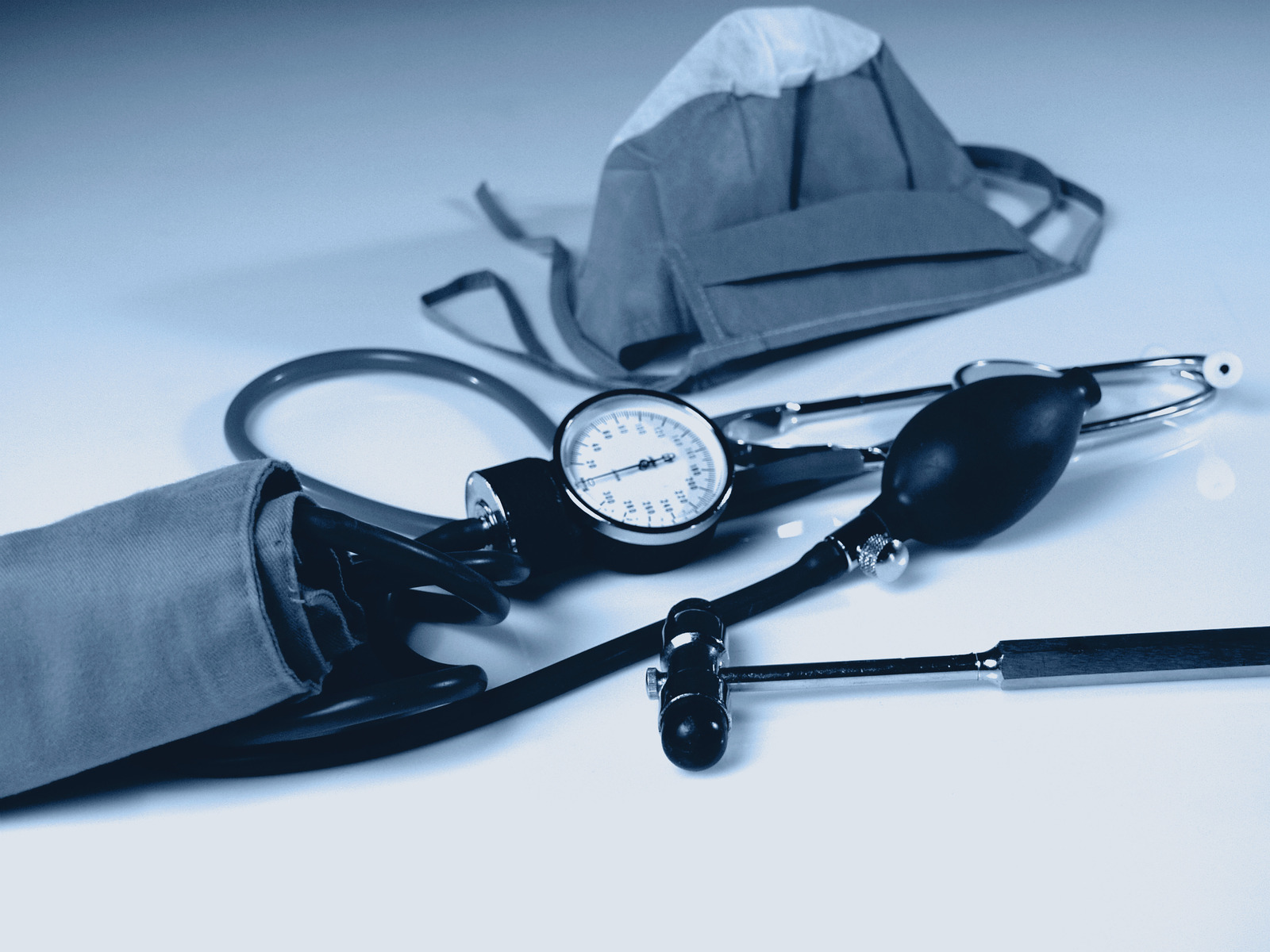






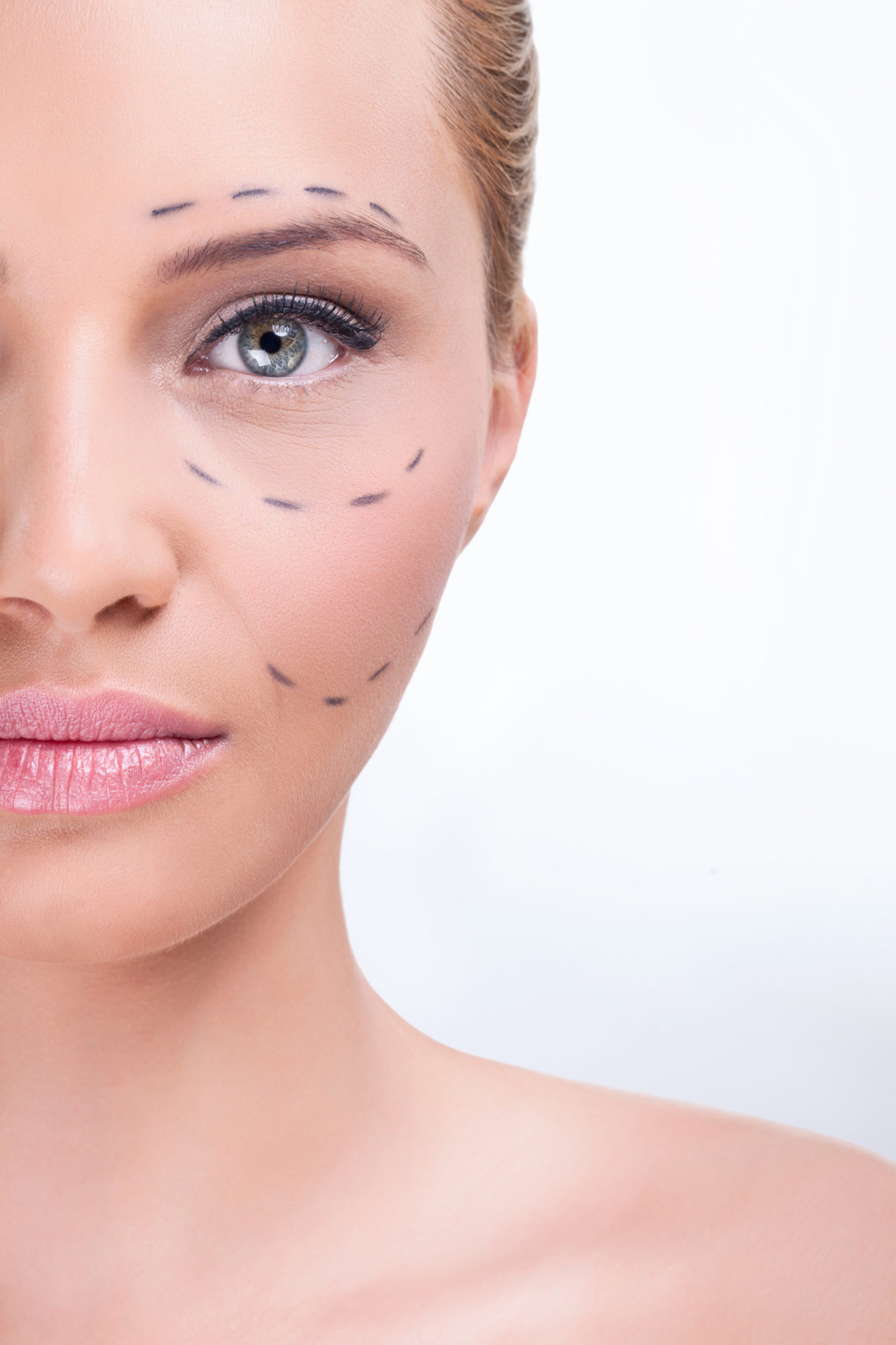






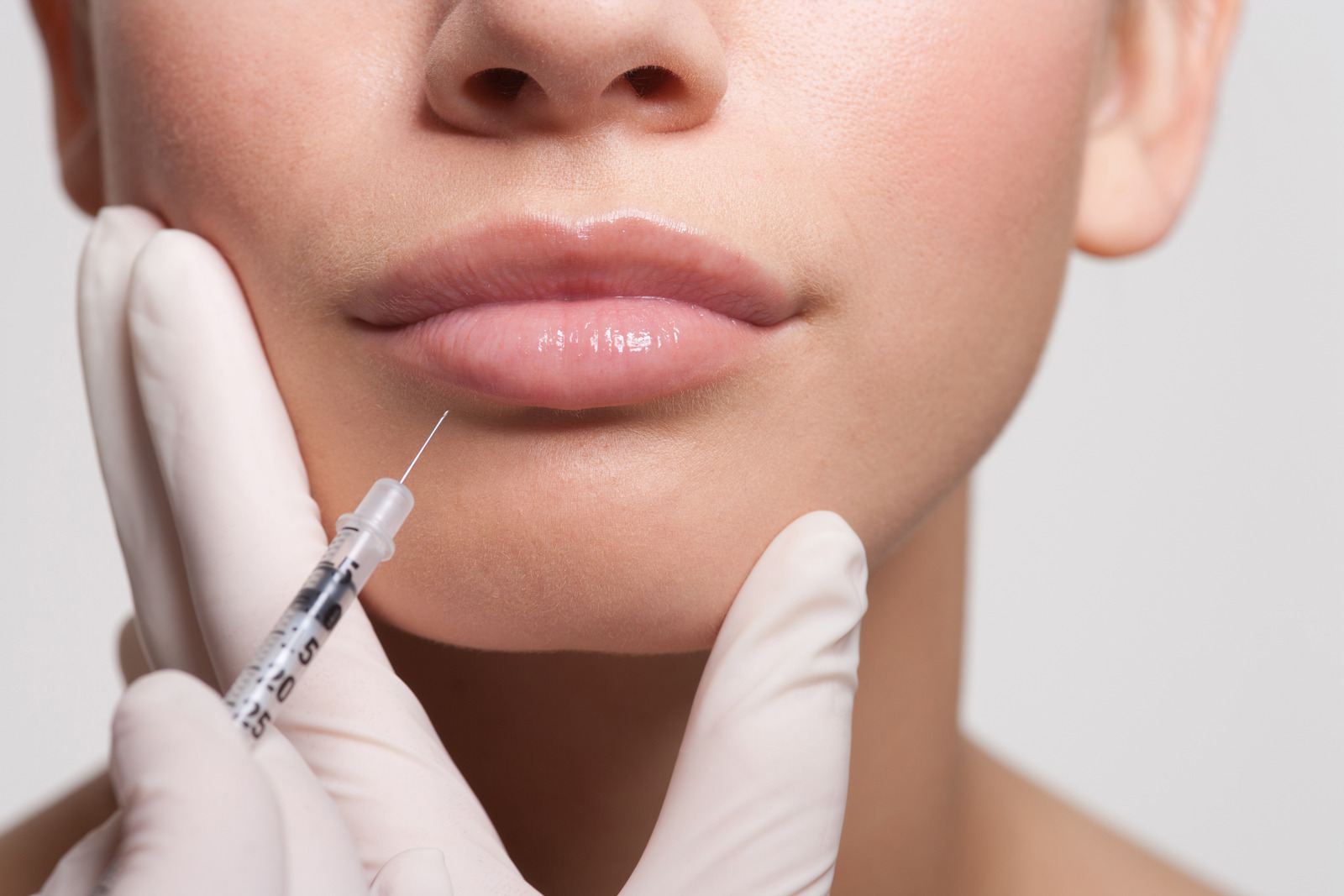
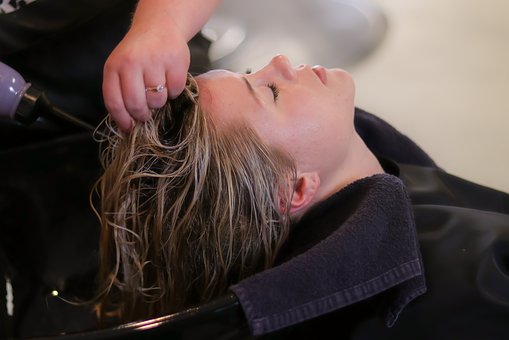



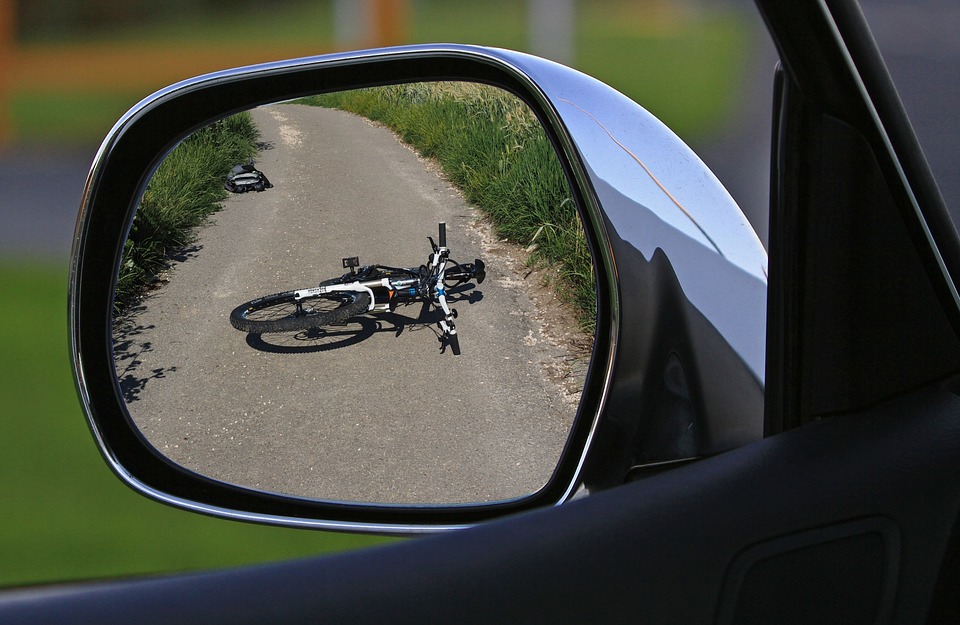
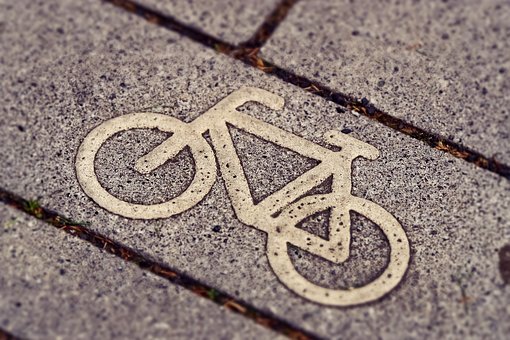
Recent Comments